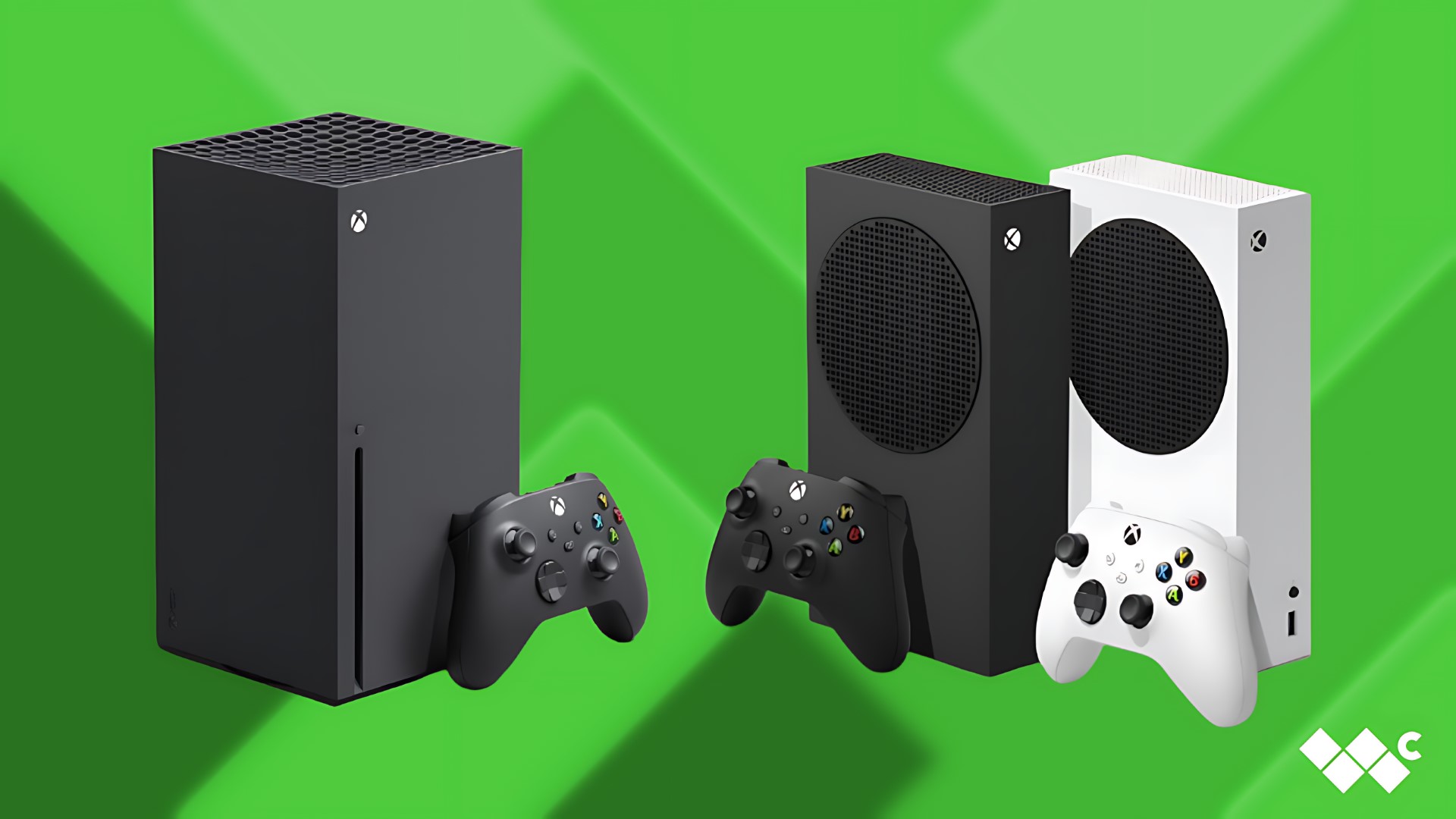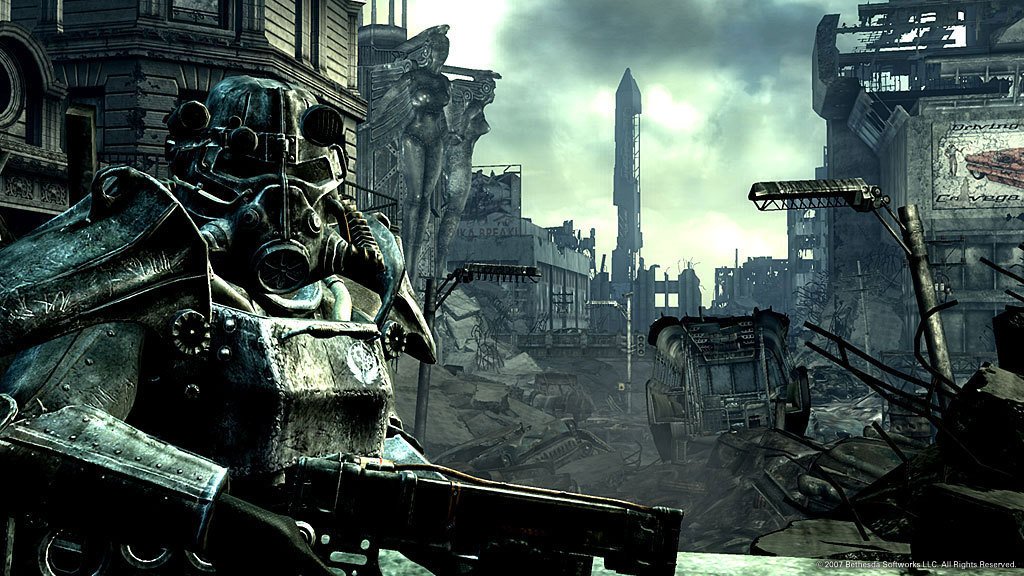Microsoft confirms new Xbox hardware will be announced this holiday season
Microsoft doubles down on new hardware for Xbox coming later this year.

All the latest news, reviews, and guides for Windows and Xbox diehards.
You are now subscribed
Your newsletter sign-up was successful
What you need to know
- Xbox made a pile of announcements today on the Official Xbox Podcast.
- Game Pass has reached 34 million subscribers.
- Four smaller/GaaS games will be coming to other platforms.
- New hardware will be announced this holiday season.
- The next-generation Xbox will be the largest technical leap ever.
Microsoft and Xbox unleashed a massive wave of news today. Alongside announcing that four games would be coming to PlayStation and Switch, they also revealed that they have hit a staggering 34 million subscribers on Game Pass. What's more, we're getting a look at some new hardware this fall.
Published via the Official Xbox Podcast, Phil Spencer, Sarah Bond, and Matt Booty took the stage to reveal all this information to the Xbox fanbase. After a rabid week of fans hounding Xbox for information over unsubstantiated leaks and rumors, the Xbox heads looked to set the record straight. First, Sarah Bond told us that Xbox would reveal some new hardware this fall.
She said, "There's some exciting stuff coming in hardware that we're going to share this holiday." This could mean a mid-gen hardware refresh or something like the speculated handheld device we recently reported on. It could also be less interesting new controllers or accessories. However, that wasn't the only exciting news they shared in the hardware world.
Following that statement, she immediately voiced that Xbox was also delivering next-generation hardware. "We're also invested in the next-generation roadmap, and what we're focused on there is delivering the largest technical leap you will have ever seen in a hardware generation. Which makes it better for players and better for creators and the visions that they're building."
Leaked documents from Microsoft stated that next-gen hardware for Xbox won't happen until 2028, with some hybrid/cloud-based systems coming in between now and then. However, Microsoft responded to the leak by noting the information was old and hinting it was outdated.
I know many people thought the generational leap from Xbox One X to Xbox Series X felt more minor than the jump to Xbox One from Xbox 360. While multiple factors are working for and against that leap, stating they're looking to take the largest ever is something to get excited about. Especially as a multi-platform gamer who mains on PC, I love to see console hardware that cooks on my TV.
I remember when the Xbox Series X came out, and nothing compared to it on the PC market within the same price range. I'm eager to see what that generational leap is and how much it'll save me before I am over-upgrading my PC again. How about you?
All the latest news, reviews, and guides for Windows and Xbox diehards.
What did everyone think about the announcements from Xbox today? Are you excited for the hardware to come? Let us know below or on our social media pages!

Michael has been gaming since he was five when his mother first bought a Super Nintendo from Blockbuster. Having written for a now-defunct website in the past, he's joined Windows Central as a contributor to spreading his 30+ years of love for gaming with everyone he can. His favorites include Red Dead Redemption, all the way to the controversial Dark Souls 2.
